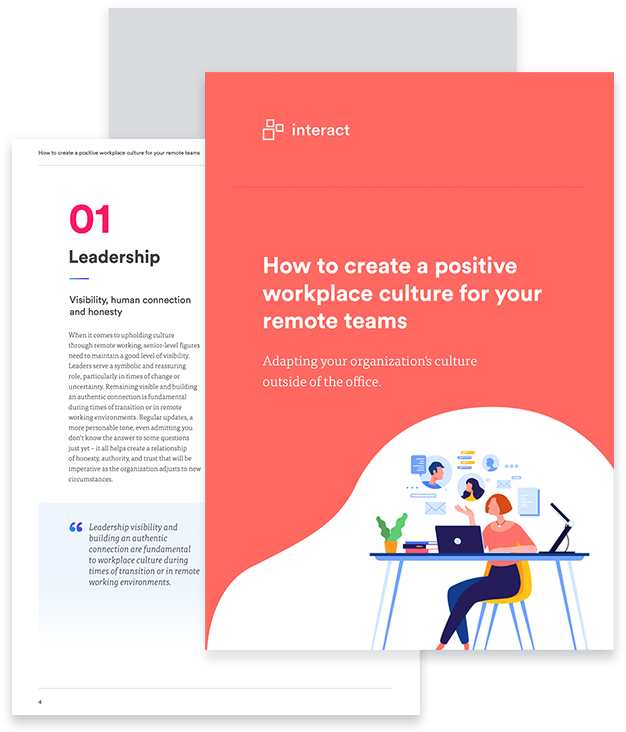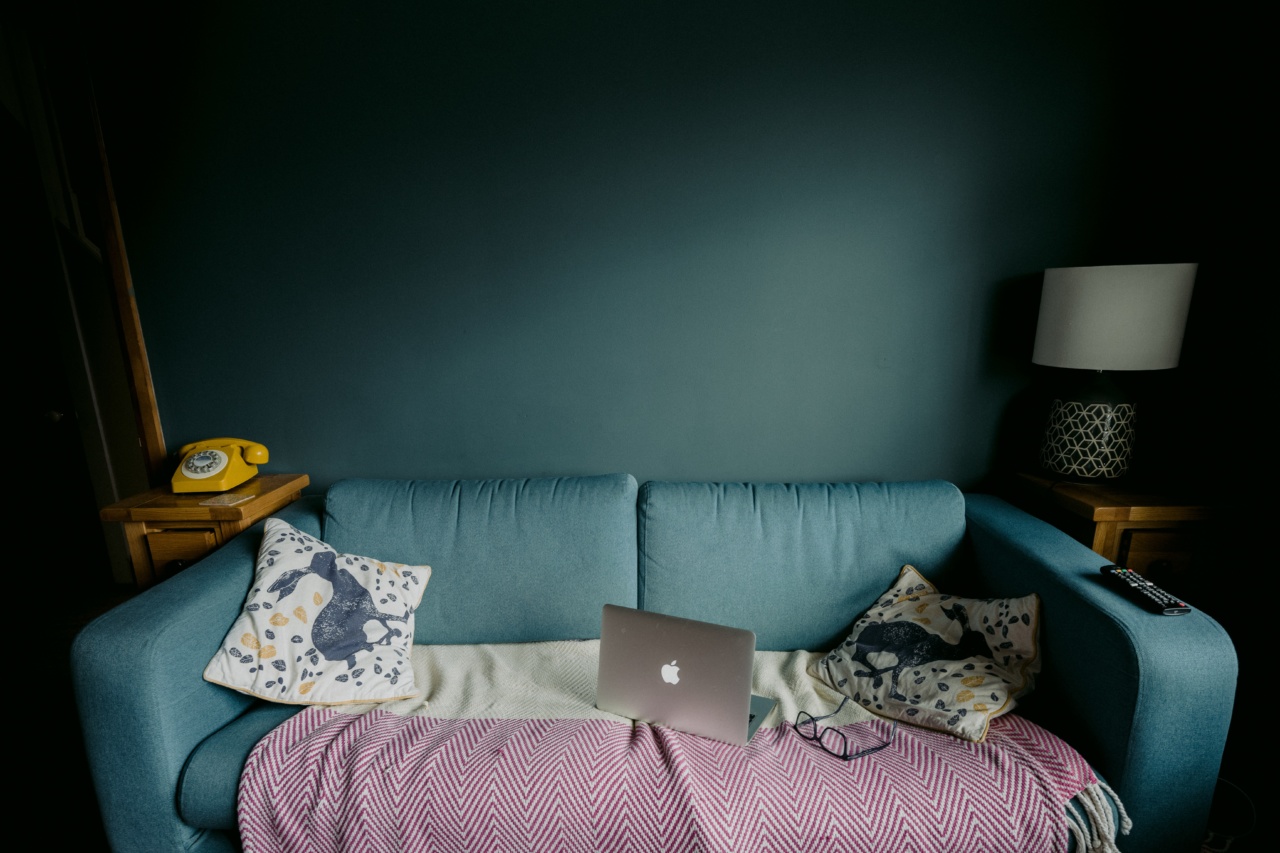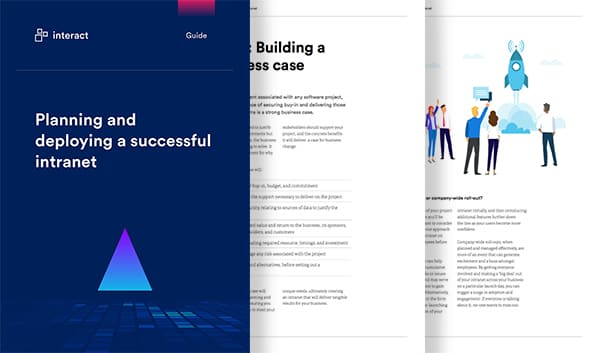COVID-19 has been a major disrupter to business. And weeks spent in lockdown, working at home and dealing with the other challenges – homeschooling, supermarket queues, limited access to outside – can have a significant effect on people’s motivation towards work. At a time when business needs maximum input, there is an employee engagement gap. How do we plug this hole and do our best to make our employees feel motivated and inspired by their work again?
Maintaining employee motivation
How’s lockdown going for you? Five weeks into isolation, and you may be struggling. You may have seen your organization experience an initial rush of adrenaline at the beginning of the restrictions. But over a month in, productivity has begun to subside, and a sense of lethargy and disinterest in work has set in. People are finding life difficult at the moment, and work input is suffering. While this is entirely normal, there are ways to correct it, that will help you and your workforce regain a sense of purpose, direction, and focus within your roles.
“At a time when business needs maximum input, we are experiencing an employee engagement gap”
The fatigue we see now is in stark contrast to the initial hive of activity that was evident when the isolating measures were first put in place. A large number of us started the national shutdown with vigor, direction, a steadfast resolve to keep calm and carry on. The developments around the nation’s policies to COVID-19 were fast-moving; there was a frenetic energy that motivated people to both work, home school their children, and make the best out of a difficult situation.
But now a month in and keeping up that same level of focus and intensity feels a lot more ambitious. Patience is frayed, hopelessness is setting in, and the yearning for normalcy is becoming more acute. With schools shut, the battle of childcare and work intensifies, and living in one household with no real means of escape is proving challenging. For those living alone, there may be a sense of loneliness and isolation. Everyone is battling against a range of issues that will, in some way, negatively impact their work.
Despite the overall malaise, a recent survey of UK business leaders say we are working harder than ever before. Are we working smart enough, or are working longer now in order to maintain visibility while at home? Putting in extra hours is commendable, but not conducive to long term productivity. We are at risk of burn out.
Remote working doesn’t suit everyone. But right now, most of us do not have a choice. We need to make it work, and finding solutions to our current set of problems is paramount to reducing the impact that the crisis has on both us and the bigger picture.
So why are we losing motivation right now?

It was wholly expected that within a month, the nation’s workers, forced to stay home with family and dependents, would face a slump. Admittedly, it has been a tough few weeks – some of the hardest in living memory – and it was inevitable that a drop in motivation would occur. During times of hardship, normal life is put on hold, and our usual motivations and behaviors are affected. This decline is down to several factors:
Maintaining employee motivation
Fear – This is a public health crisis that has never been experienced before. Global pandemics feel too obsolete a notion to be a threat to the modern-day. But it is the modern age that has exacerbated this bout – with international travel, tightly compacted cities, and shared spaces all intensifying the contagion. People are scared of their own health and those of their loved ones. They’re fearful of the future and the long-term effects of the infection. But they’ve also become scared of other people. The invisibility of the virus has made us suspicious, fearful, and cowed by what we cannot see or measure.
“Anxiety over the future isn’t usually the best motivator, and so workers’ fears need to be alleviated wherever possible.”
Anxiety – With the resulting distancing and lockdown, the impact on business has been immense. Millions of people are now unemployed, and companies are shutting down daily. This has driven anxiety up as people are now fearful of being laid off or furloughed. While this could act as a rod to spur on workers, it is more likely to affect them negatively. Anxiety over the future isn’t usually the best motivator, and so workers’ fears need to be alleviated wherever possible.
Environment – While we have explored the benefits of working from home in the past, this is a different scenario. Enforced working from home is different from choosing to work from home. Usually, remote workers have schools to take their children to. Their partner might work in an office. They have an environment that is conducive to productivity. But not right now. Many workers are battling with a full house, homeschooling, shared workspaces, and domestic chores. For many of us, it is all a bit overwhelming.

Distractions – During this time stranded indoors, the temptation to be distracted increases. Domestic chores, children, pets, conversations – the lockdown home is a veritable feast for distractions. When motivation is already suffering, we are more likely to turn our attention to non-urgent tasks such as housework, errands, and odd jobs: the psychological trick of keeping busy in order to avoid tackling the issues that need addressing.
Lack of ‘reward’ – While we thrive on routine, we are used to rewarding ourselves with trips to the cinema, restaurant meals, nights out, time with friends. We enjoy our freedoms, the ability to plan holidays, take the afternoon to go shopping, enjoy a treatment at a spa. But during the lockdown, these extravagances are no more: all those things that we work hard in order to treat ourselves with have been taken away. There is a feeling that the walls are closing in.
Coronavirus-fatigue is real
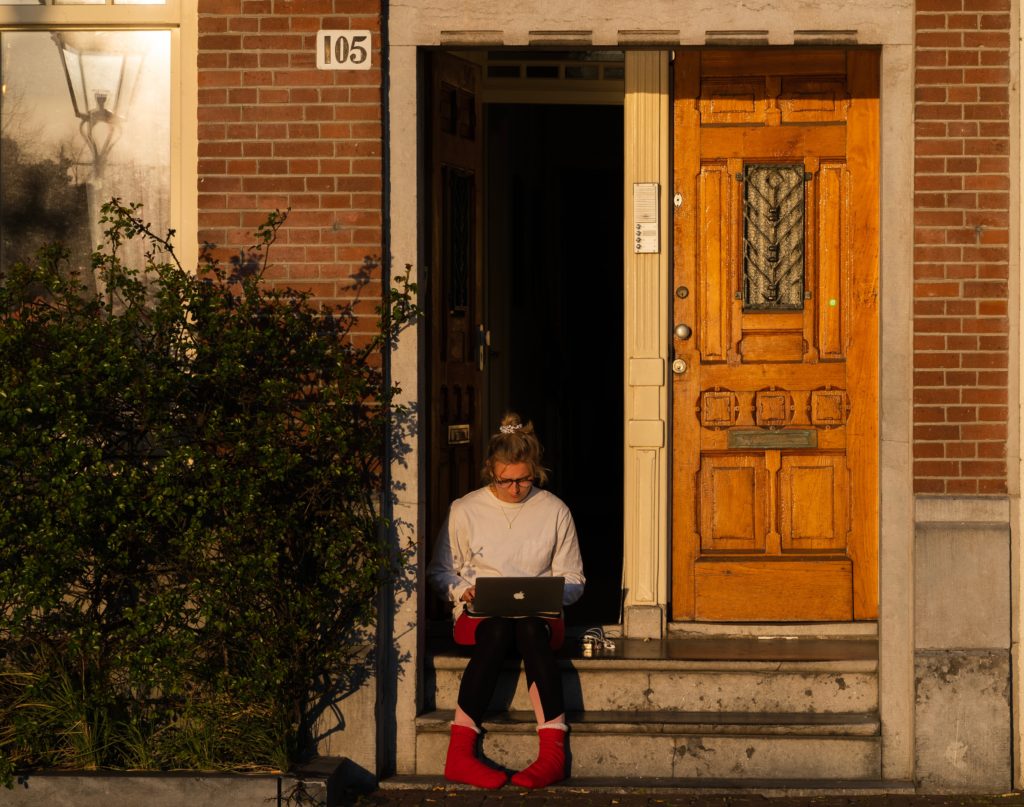
Since the virus loomed on the horizon, people have been complaining of anxiety, grogginess, and low levels of energy: all of which have a significant effect on productivity and motivation. Why is this?
The pandemic has had a huge, devastating impact across the world. At the very least, it has transformed our lives, seeing widespread unemployment, school closures, and the folding of businesses. We have all been told to stay indoors, aside from an hour of exercise each day.
These restrictions have resulted in an increasing number of cases of people experiencing lethargy and fatigue. Surely, when our social lives are limited, there’s nowhere to go, and we’re spending more time on the couch, we shouldn’t have a problem with energy levels?

The truth is, your body doesn’t need to run a marathon in order to feel tired. Tiredness can come about in a number of ways. With the current crisis, there are many reasons why people are feeling very unenergetic right now – and stress is a significant factor that is affecting their work rate.
Stress is a funny thing. It doesn’t always present itself as a pulsating head vein and beads of sweat. Mental and emotional pressure can manifest itself in many ways, some of which we may be currently experiencing, but not be aware of. At the beginning of the pandemic, we were all processing the implications of all aspects of our lives. This created a considerable amount of worry and strain. But even when we get to the stage where we are accepting the massive changes, all those stress hormones are working away, creating low-level anxiety that lurks away at the back of our consciousness. Any level of anxiety affects our sleep, and coronavirus anxiety is impacting how long and how deeply we fall asleep.
Maintaining employee motivation
Limited exposure to sunlight is another likely component to not feeling alert. While we are told to stay at home, we’re reducing the usual amount of light that we’re accustomed to receiving. Daylight is hugely impactful on how awake we feel, and when we cut this, our energy levels naturally drop.
“With no end in sight, we are experiencing mental, physical and emotional fatigue.”
Another factor that is contributing to our collective weariness is that no one knows how long these restrictions will carry on for, and if “normal life” will even resume once they are lifted. With no end in sight, we are experiencing mental, physical and emotional fatigue. If a defined period of time is given in a difficult situation, people can work around it, can figure out ways of managing themselves, and work towards the countdown. But at the moment, we’re uncertain of how long we’ll be asked to stay on lockdown, not see friends or family or go to work, and this produces a lot of fatigue-causing anxiety.
How to battle through and stay motivated
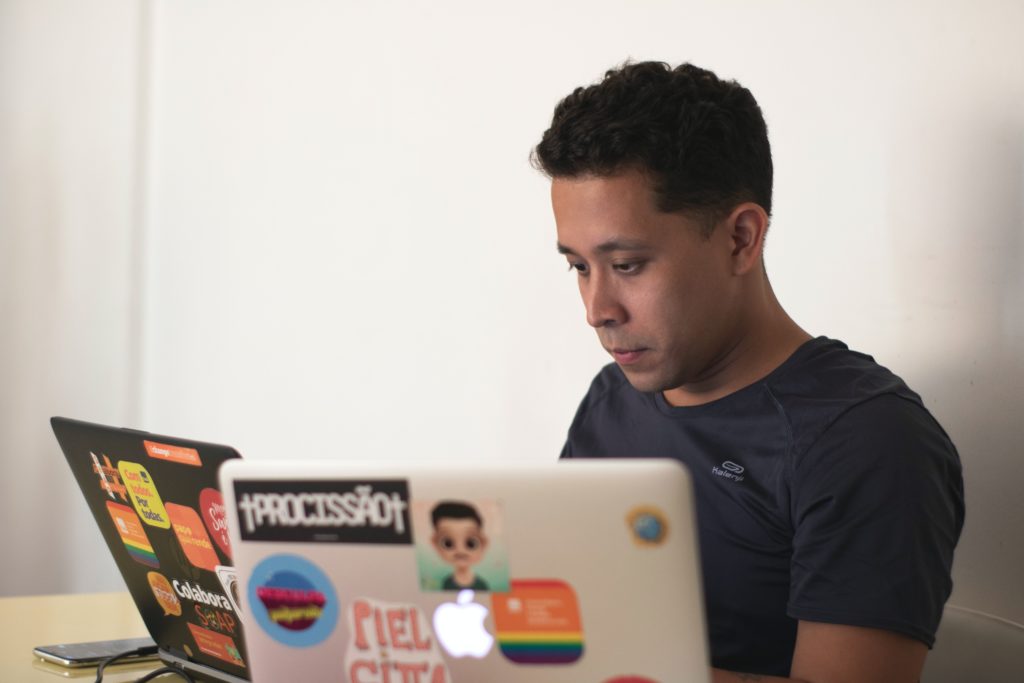
Where work is concerned, motivation is often less of a one-person battle and more of a group challenge. How do you, as a team, keep your colleagues and yourselves motivated? There are many ways to help enhance team spirit, some of which can be practiced alone, and as a group.
Be strict about sleep
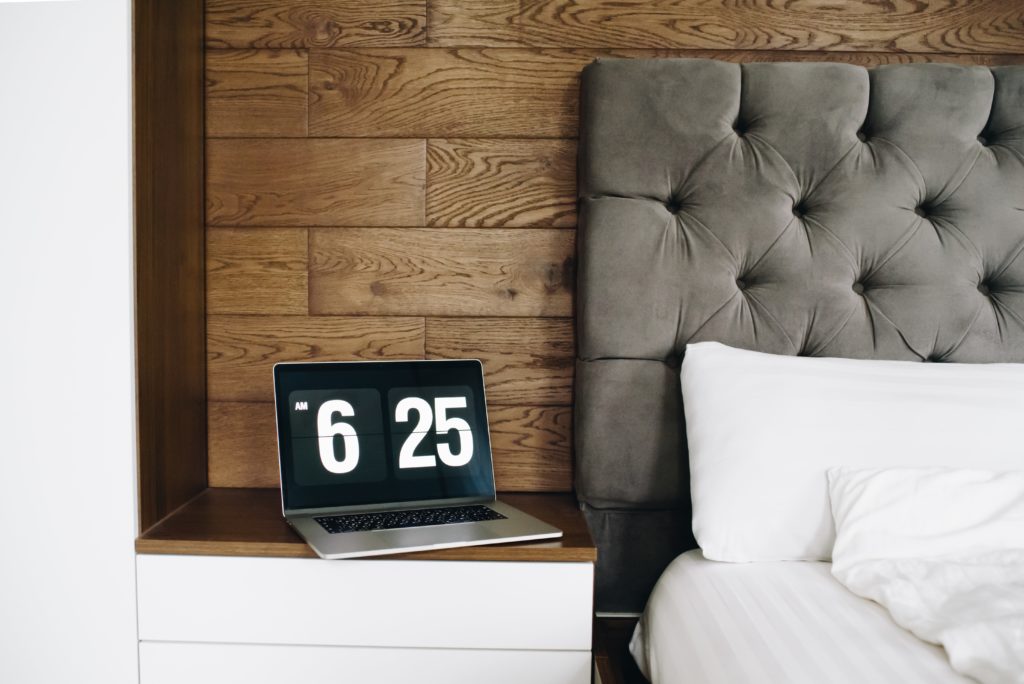
Sleep has never been more important than right now. It is fundamental to our wellness and alertness during daytime hours. While we stay at home, there is a tendency to have later nights, indulge in boxsets, and eat and drink into the small hours. Approach sleep as you would a working day and prepare. Make sure your sleeping space is uncluttered, switch off all screens, have a warm shower, read a few pages of your book, and stick to a lights-out time. Having a disciplined sleep pattern, when possible, is crucial.
“Empathy and humor are the best ways to take the edge of negative emotions, and conversations help you to articulate your thoughts and pin down your feelings.”
Reach out
You might not be in the mood to be a social butterfly right now, but reaching out to friends and colleagues can be a great way to alleviate tension, worries, and fears. Sharing your frustrations will make you feel a lot better than if you’re alone and in despair. Empathy and humor are the best ways to take the edge of negative emotions, and conversations help you to articulate your thoughts and pin down your feelings. And of course, when someone is listening to you, you feel heard, valued, and appreciated.
Replicate the office as best you can
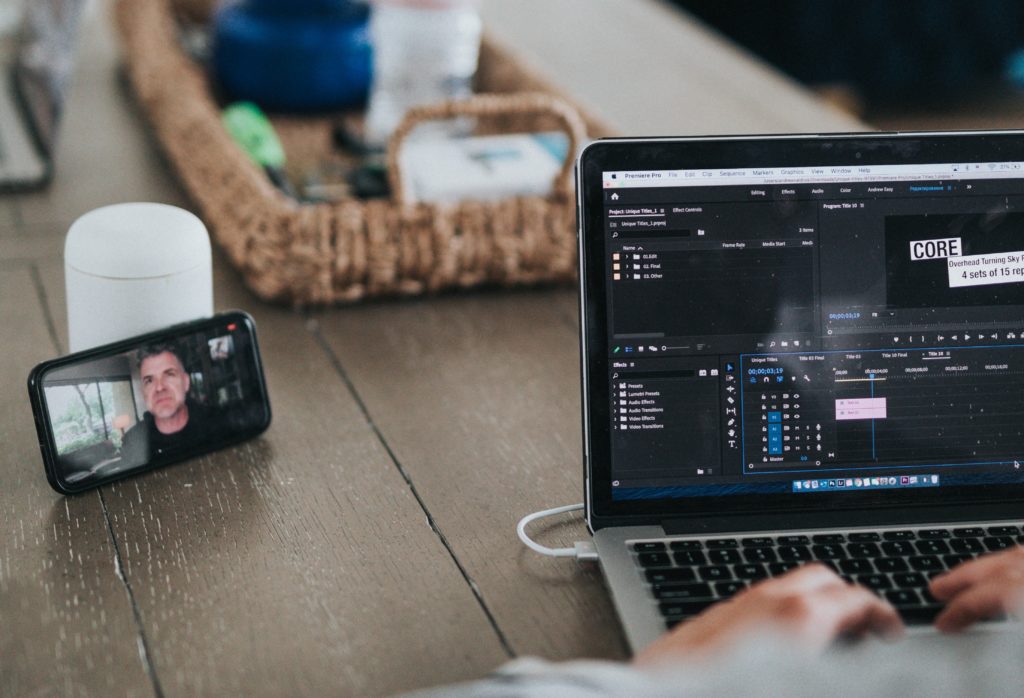
While many people happily work remotely, there are also a considerable number of people who aren’t. They struggle to reconcile their work with the lack of human interaction, and the separation of the office and home. Everyone needs a designated space for work, but people are finding other innovative ideas to help them with the current situation. Video coffee breaks are now a common practice, allowing colleagues to catch up with each other during their breaks. Others are having group exercise sessions as a way of dispelling feelings of isolation. Some workers are even connecting up and having their workmates on the screen while they work, enabling them to replicate the colleagues-close-by feel of a typical working day.
Embrace unity
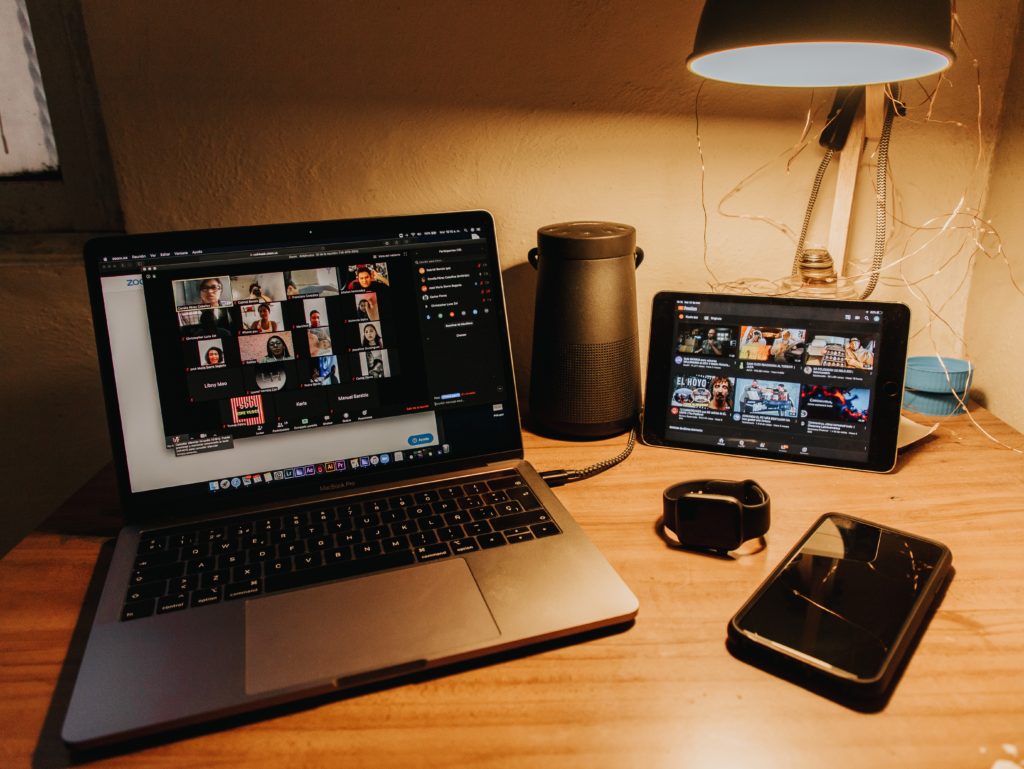
It has become a bit of a cliché, but we really are in it together. From the newcomers straight out of university to the CEO – everyone is feeling the strain, stress, and struggle of living under the shadow of the virus. But rather than feel calamitous, this shared experience should come as a source of strength to us. The sense of being all-in-it-together helps us find courage, hope and provides us with the mindset to get through it. We know we’re not alone, and we know that by sharing our fears, our friends and colleagues will understand exactly what we are saying.
Maintaining employee motivation
Set your timer
It is so easy to get distracted when you’re working from home. Children, partners, laundry piles, washing up, social media, TikTok: it’s hard to lock down when you’re in lockdown. One of the ways of beating the temptation to scroll away on your phone is to set a timer for twenty minutes, and during that time, you need to focus solely on work. Then allow five minutes to leave your desk and do something non-work related. You may find that this twenty-minute deep focus will enable you to get in the groove of your work, and the lure to go on Twitter diminishes.
Plan for the future
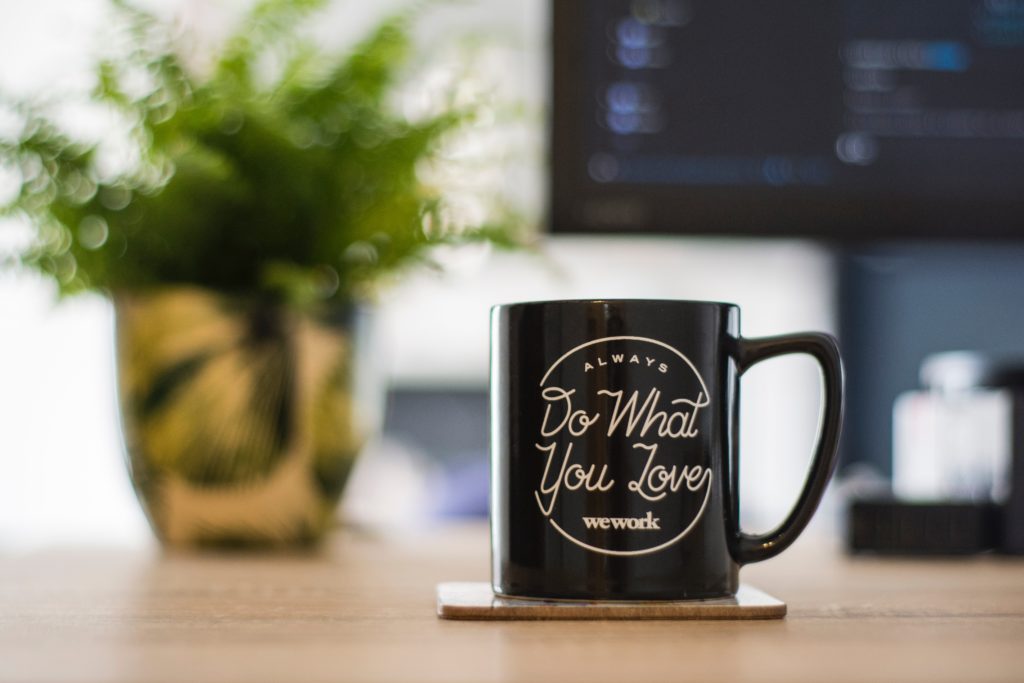
Working, living, sleeping, and eating in the same space can trigger feelings of resentment. If you’re noticing a sense of apathy towards your work, it might be a good idea to think about why you chose your profession, and the organization you work within. Think about your achievements, and where you want yourself to be in five or ten years’ time. Look at what you’re doing now as being fundamentally important to your future when life will almost certainly be a lot easier than it is now.
“The pastoral care aspect of a managing staff has never been more important than now.”
Guard your teams
Managers have had to step up during this period to manage, protect, and support their teams. This has meant making sure that everything is covered: taking care of working from home logistics, using the right digital tools, making sure colleagues can connect and collaborate. But it also means looking at working styles, offer flexible working where necessary, and be vigilant about checking in on workers and listening to them. The pastoral care aspect of a managing staff has never been more important than now.
Discuss goals

Even when we don’t know how the next twelve months will pan out, it’s essential to maintain a sense of hope and create plans to stick on the horizon. As a group, you can plan a company party once restrictions are lifted. Discuss what countries you want to visit once air travel resumes. Share goals with each other, whether it’s buying a property, running a marathon, or developing a new skill. This crisis is prohibiting a lot of things at the moment, but talking about our hopes and ambitions will inspire people to look beyond the present time and towards a brighter future.
No one knows when normality will return. In the meantime, it’s essential to build a positive remote culture for you and your staff. And it’s important to remember that some countries are easing safety measures and are slowly going back to how things used to be. These developments offer a glimmer of hope that we will, at some point in the future, go back to business as usual, and return stronger, more inspired and more connected to colleagues and our business than ever before.
